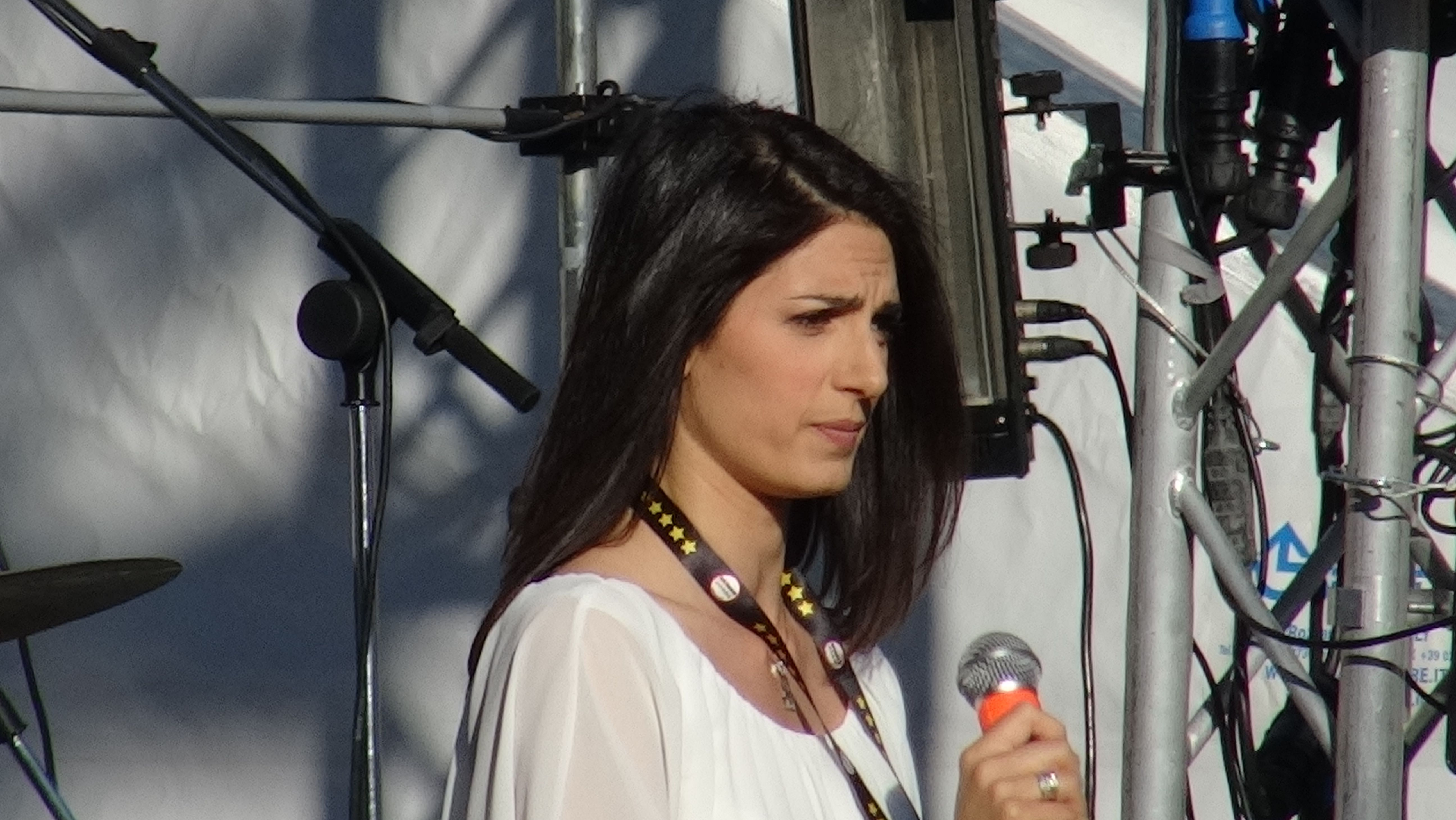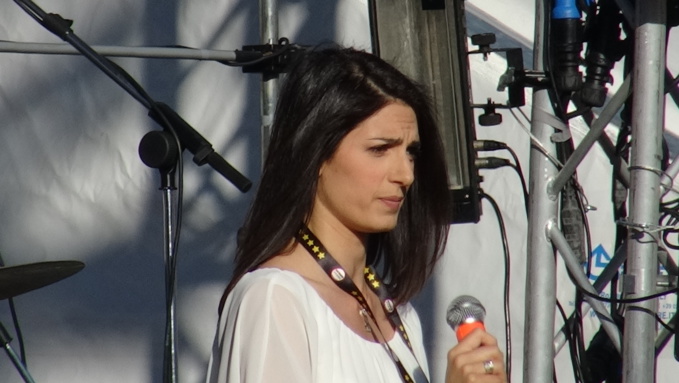Virginia Raggi, a lawyer by profession, has promised that she will ensure transparency in the city’s finance area, and announced tbeginning of a "new era" for Rome.
Raggi won the election over the incumbent mayor Roberto Jaquette representing the ruling Democratic Party of Italy. June 20, he conceded defeat and congratulated his opponent on the phone.
Jaquette received 30% of votes. This is two times less than Virginia Raggi’s results.
The victory of Five Star Movement in Rome, the capital of Italy, can be considered symbolic. Here lives the most politicized population, which actively expresses rejection of the economic situation in Italy. According to polls, the citizens are very concerned about rise in unemployment and corruption, as well as the massive influx of migrants.
Apparently, the city’s inhabitants are now expecting that Five Star, founded by Italian comedian Grillo Beppe, will correct the situation and fulfill its numerous populist promises.
Another woman was also elected Mayor of Turin. It is Chiara Appendino, another Five Star candidate.
The ruling Democratic Party of Prime Minister Matteo Renzi managed to retain the cities of Bologna and Milan. The latter is the country’s financial center, now ruled by an ally of Renzi.
Two stages of the municipal of elections were held in 1342 cities around the country. Observers noted that voter turnout has decreased: 10% less people came to the elections, compared to 74% at the last vote.
Five Star Movement burst into Italian politics in 2009. It declared itself as an "anti-globalist alternative" for Italians tired of traditional politics.
The movement associates itself with the so-called Euro-skeptics, who oppose existence of the EU under present rules, too totalitarian in their view.
Nowadays, Five Star Movement has 106 seats in the lower house of parliament in Italy, and 50 in the Senate. Beppe Grillo, a comedian, declared himself the movement’s leader. Voters, however, see him as a symbol of the movement, rather than as a real political figure. The movement has a lot of professional politicians.
The municipal elections’ results and loss of major cities hit prestige of the ruling party and the country's Prime Minister Renzi. The latter wants to hold the country's referendum on constitutional reform in October this year.
Renzi’s idea is to limit legislative abilities of the parliament’s upper house, allowing MPs to pass laws faster. Skeptics point out that the Italian parliamentary system has turned into a legislative ping-pong, as MPs are busy forwarding each other laws to be amended, and are not able to take a firm decision on important public issues.
Renzi has staked his political career. If the referendum fails, it would threaten his reputation. Renzi himself said that he would resign in case of failure of the referendum.
source: nytimes.com
Raggi won the election over the incumbent mayor Roberto Jaquette representing the ruling Democratic Party of Italy. June 20, he conceded defeat and congratulated his opponent on the phone.
Jaquette received 30% of votes. This is two times less than Virginia Raggi’s results.
The victory of Five Star Movement in Rome, the capital of Italy, can be considered symbolic. Here lives the most politicized population, which actively expresses rejection of the economic situation in Italy. According to polls, the citizens are very concerned about rise in unemployment and corruption, as well as the massive influx of migrants.
Apparently, the city’s inhabitants are now expecting that Five Star, founded by Italian comedian Grillo Beppe, will correct the situation and fulfill its numerous populist promises.
Another woman was also elected Mayor of Turin. It is Chiara Appendino, another Five Star candidate.
The ruling Democratic Party of Prime Minister Matteo Renzi managed to retain the cities of Bologna and Milan. The latter is the country’s financial center, now ruled by an ally of Renzi.
Two stages of the municipal of elections were held in 1342 cities around the country. Observers noted that voter turnout has decreased: 10% less people came to the elections, compared to 74% at the last vote.
Five Star Movement burst into Italian politics in 2009. It declared itself as an "anti-globalist alternative" for Italians tired of traditional politics.
The movement associates itself with the so-called Euro-skeptics, who oppose existence of the EU under present rules, too totalitarian in their view.
Nowadays, Five Star Movement has 106 seats in the lower house of parliament in Italy, and 50 in the Senate. Beppe Grillo, a comedian, declared himself the movement’s leader. Voters, however, see him as a symbol of the movement, rather than as a real political figure. The movement has a lot of professional politicians.
The municipal elections’ results and loss of major cities hit prestige of the ruling party and the country's Prime Minister Renzi. The latter wants to hold the country's referendum on constitutional reform in October this year.
Renzi’s idea is to limit legislative abilities of the parliament’s upper house, allowing MPs to pass laws faster. Skeptics point out that the Italian parliamentary system has turned into a legislative ping-pong, as MPs are busy forwarding each other laws to be amended, and are not able to take a firm decision on important public issues.
Renzi has staked his political career. If the referendum fails, it would threaten his reputation. Renzi himself said that he would resign in case of failure of the referendum.
source: nytimes.com



















